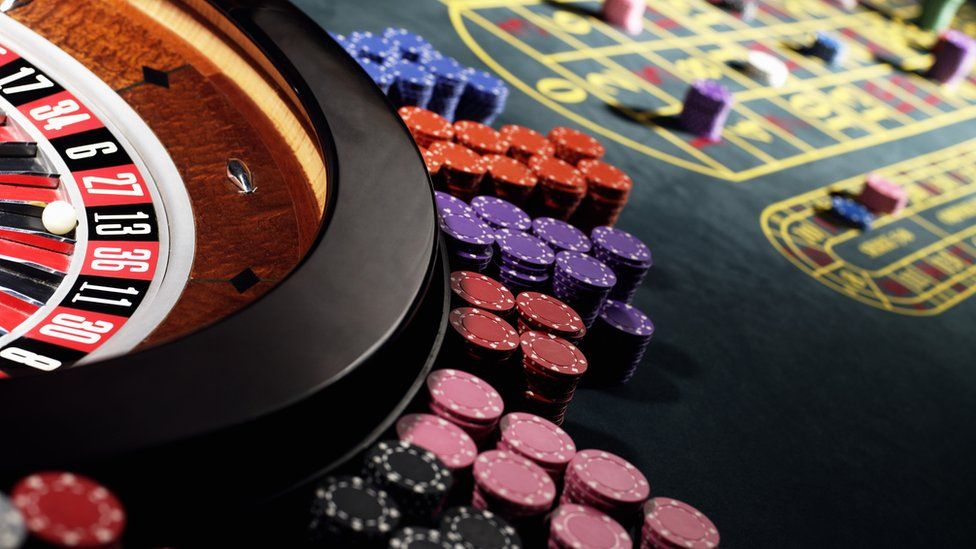
In the lively world of gambling games, few games evoke as much thrill and intrigue as the game of roulette. This timeless game, with its spinning wheel and rolling ball, has captivated players for centuries, combining the thrill of luck with the allure of strategy. As players congregate around the felt-covered table, the atmosphere vibrates with excitement, each bet a dance between risk and reward.
Roulette stands out not only for its simplicity but also for the strategic depth it offers. While the outcome is ultimately dictated by luck, experienced players know that certain tactics can influence their odds of success. Whether you are a veteran player or a beginner drawn by the dazzling lights of the gambling hall, understanding the subtleties of roulette can improve your experience and potentially lead to rewarding outcomes. In this article, we will delve into the dynamics of roulette, examining how chance and strategy intertwine to create one of the most renowned casino games around the world.
Understanding Roulette
The game of roulette is a timeless casino game that combines elements of luck and strategy, making it a favored selection among players around the globe. Hailing from the seventeenth century French lands, it has transformed into various versions, including U.S., European, and French roulette. Each version includes a turning wheel with numerical pockets, where players set their bets on the possible outcomes of a small sphere landing in one of these pockets.
The essence of roulette lies in its ease. Players have the option to bet on a single number, a range of numbers, or hues, such as red or ebony. The betting layout on the table presents a range of wagering choices, allowing participants to take part according to their risk appetite and strategies. As the dealer spins the wheel and releases the ball, the tension builds, ultimately bringing an exhilarating atmosphere to the casino floor.
While roulette may seem largely controlled by chance, many players develop strategies to improve their likelihood of winning. Some often used strategies include the Martingale system, where players double their bets after losses, and the Fibonacci strategy, which involves betting based on the famous Fibonacci sequence. Regardless of the method selected, comprehending the rules and probabilities of the game is crucial for any player looking to make smart decisions at the roulette table.
Strategies for Victory
When playing roulette, one of the most effective strategies is the Martingale approach. This tactic involves doubling your bet after every loss, which means that when you finally win, you will recover all your previous losses and gain a profit equal to your original bet. While this strategy can be appealing, it demands a substantial bankroll and comes with the chance of hitting table limits, which could prevent you from carrying on to double your bets.
Another common strategy is the Fibonacci method, which is derived from the famous Fibonacci sequence. In this approach, players increase their bets according to the sequence after a loss, and lower them after a win. This approach allows for more organized betting, possibly lowering the risk of significant losses. While it does not guarantee a win, it can help manage your bankroll effectively and create a more structured betting environment.
Finally, the D’Alembert method offers a different approach by adjusting your bets in smaller increments. After a loss, you raise your bet by one unit, and after a win, you lower it by one unit. This strategy aims to balance out wins and losses over time, making it a more secure alternative for players who like a more conservative approach. New888 By applying these strategies, players can boost their gameplay and increase the chances of winning at the roulette table.
The Importance of Chance in Casino Gaming
Luck plays a fundamental role in the nature of casino games, particularly in games like craps where outcomes are inherently variable. Players make their bets with the understanding that the result is determined by uncontrollable variables, such as the spin of the wheel and the bouncing ball. This chance adds an exhilarating element to the experience, as each round provides a fresh opportunity to succeed or lose. Comprehending that the game is governed by luck helps to shape player expectations and strategies.
While fortune is a significant factor, the influence of chance extends beyond mere winning and losing. It serves as a important reminder of the inherent pitfalls involved in gambling. Players often grapple with the desire to believe that certain patterns or streaks can predict future outcomes, yet the truth is that each spin of the roulette wheel independent. This unpredictability can lead to frustration, but it also fuels the excitement that keeps players returning to the tables.
Ultimately, the essence of games of chance lies in striking a balance between chance and strategy. While players can implement different strategies and betting systems in an attempt to gain an edge, the element of luck ensures that no approach can assure success. This dynamic interplay between skill and chance is what defines the allure of roulette, creating an environment where every player hopes to overcome the odds.
